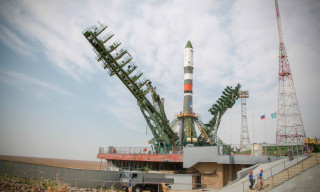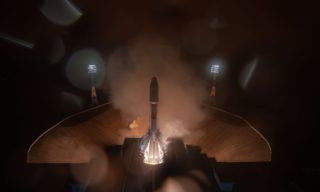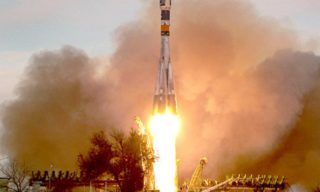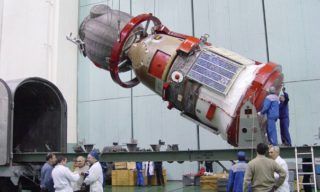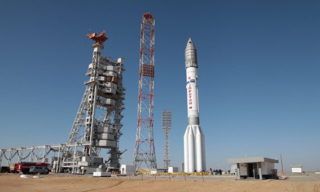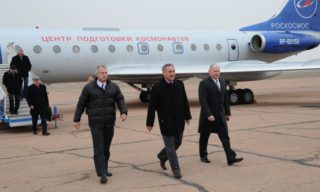Russian multipurpose laboratory module successfully docked with the ISS on July 29, at 16.29, Moscow time after an 8-days long flight.
Nauka was launched from Baikonur on July 21 and became the first Russian module launched to the ISS over the past 11 years. The last one was Rassvet research module launched in 2010.
Nauka will make Russian cosmonauts’ life more comfortable. There is a sleeping chamber that will be the third one in Russian module while before one of the Russian ISS crew members had to overnight in American module. Besides Nauka is equipped with a lavatory in addition to the one in Zvezda module.
According to Roscosmos Nauka is the heaviest Russian module. The only ISS module heavier than Nauka is a Japanese Kibo consisting of two parts.
After the docking an off-nominal situation occurred: the module engines were ignited and changed the station orientation in space. To compensate for this loss of orientation the specialists ignited the engines of Zvezda module and Progress MS-17 cargo vehicle docked to Poisk module.
On Friday evening the cosmonauts will open the hatches to the newly arrived module. It was initially planned for Thursday but the off-nominal situation with the engines changed the plan.
Another Russian ISS module will be launched on November 24 this year.






